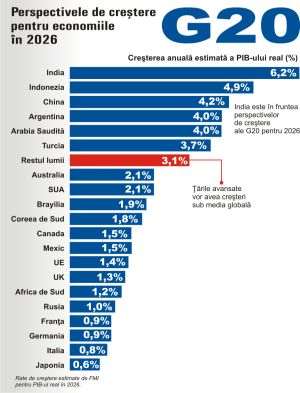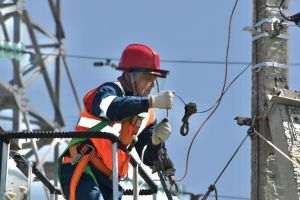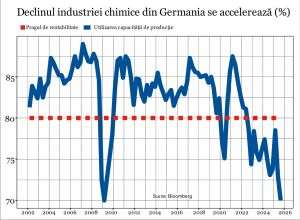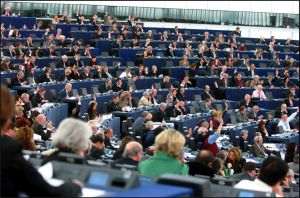• "Antibiotice" Shareholder Assembly of April 2003 decided that dividends were to be paid
• Five months later, they decided dividends were to be reinvested
• One month after that The Government issued an emergency ordinance stipulating all dividends were to be reinvested
• Plaintiff's lawyer says the ordinance is unconstitutional, hence null
The way in which the majority shareholder in pharmaceutical company "Antibiotice" Iasi (The Ministry of Health - 53 percent) decided that the year 2002 dividends were to finance investments will be challenged in Court by one of the minority shareholders. The "Antibiotice" Shareholder Assembly in end-September 2003 decided that the dividends due for the fiscal year 2002 should no longer be paid to shareholders, as previously decided on April 21st, 2003. According to The Assembly, dividends were to be capitalized and used to finance the retooling of the factory. The dividends in question amount to 29 billion ROL.
Alexandru Roata-Palade, a partner with S.C.P.A. "Ciobota & Roata-Palade," the law firm representing the shareholder in question, told us that he would invite the majority shareholder to settle and therefore pay the dividends owed to his client. Roata-Palade added that, when The Assembly decided that the company should pay dividends, the shareholders gained a receivable over the company and therefore The Assembly could not decide to extinguish this right. "The Shareholder Assembly can only decide about the company's assets. The management could have proposed another way of capitalizing the dividends. For instance, they could have proposed a social capital increase and let the shareholders decide whether they wanted to participate with their dividends or not."
The lawyer added he would move to have Government Emergency Ordinance no. 103 declared unconstitutional on the count that it forced the reinvestment of all dividends owed to The State by the companies in which The State is a shareholder and, by so doing, it damaged the interests of private, minority shareholders. "A government ordinance cannot transform private property into public property, unless The Constitution explicitly allows it," Roata-Palade added.
If the shareholder in question does not obtain his due dividends amicably, he is determined to take the matter to Court and go as far as The European Court of Human Rights.




































